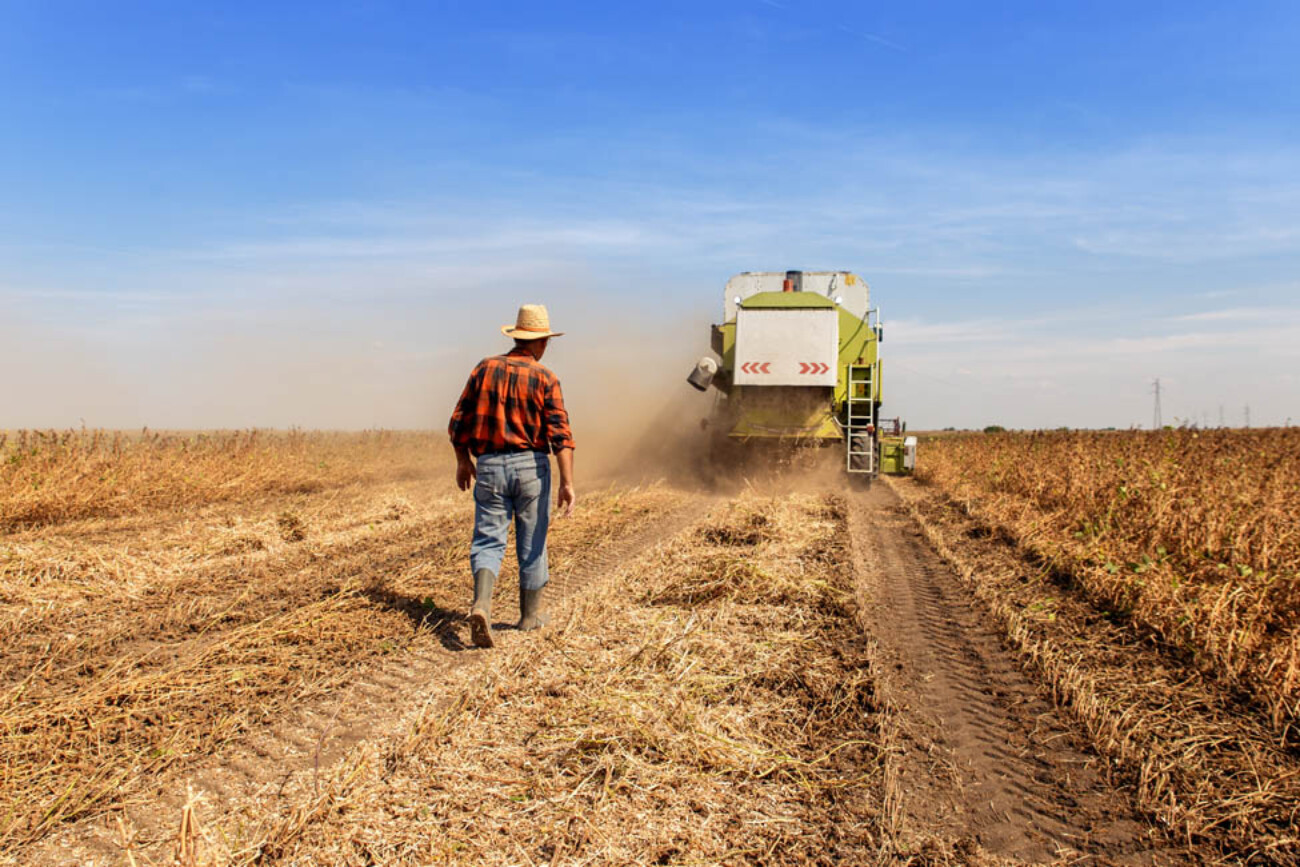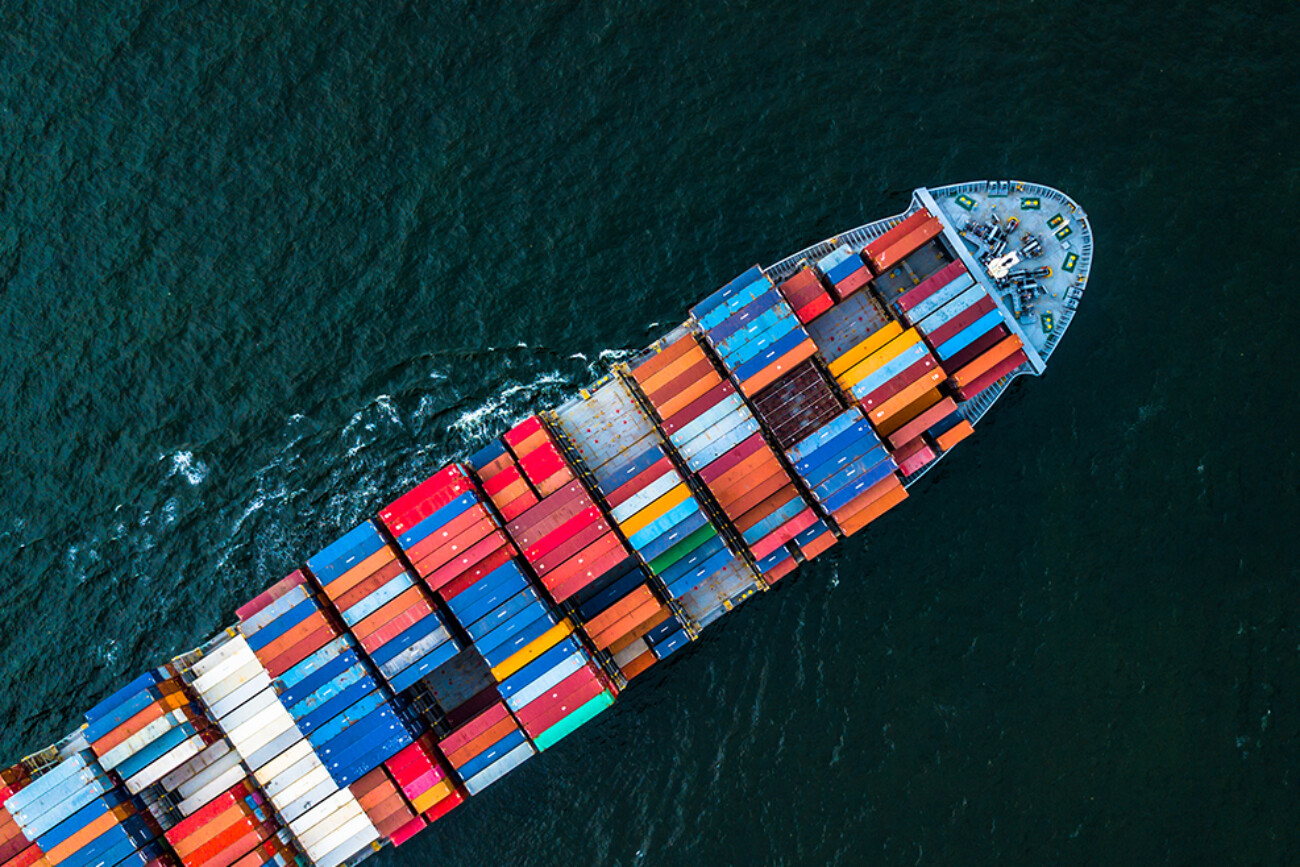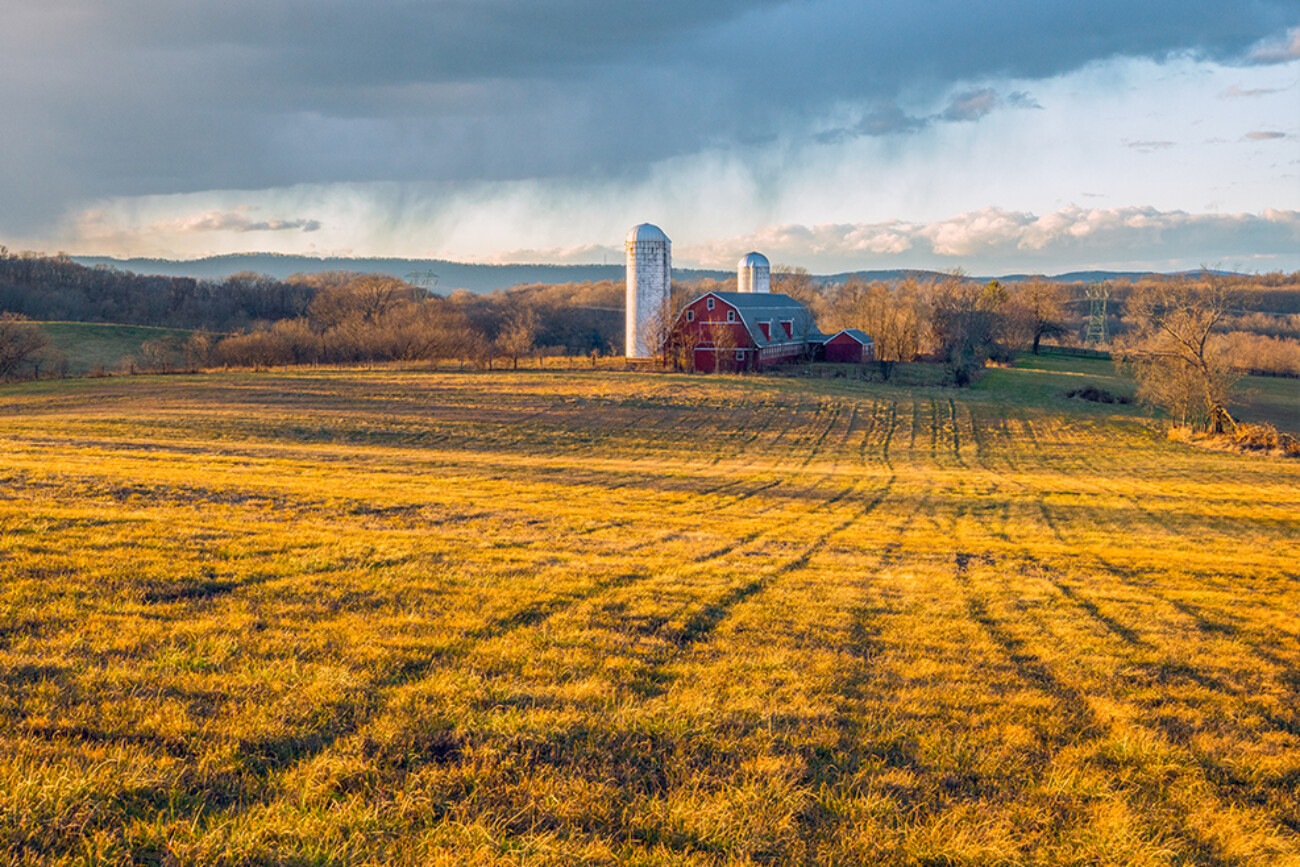Global Macro
The lack of an organized succession process in Roman political life was both a tragedy and an intended policy to keep power away from years of family dynasties. If Changes of power were rarely bloodless, the occasional power vacuums were downright massacres. It is Unsurprising then that When Gaius Caesar Augustus Germanicus was murdered on the 24th of January AD41, his murderers, the Praetorian Guard, were said to have only really won a pyrrhic victory.
For all his psychopathy, cruelty and downright violent madness, Caligula was far less dangerous than his successor, Claudius, who pivoted between being mentally delirious and therefore incoherently dangerous, to being weak and open to manipulation. But Without the Emperor, the Praetorian Guard itself wouldn’t exist and a return to a republic would have been self defeating, so Claudius was throned before you could even pick up all of Caligula’s body parts; chopped up in his own palace. 250 years later, the Guard was disbanded and exiled. All those dethroning Kings and Emperors should be careful what they wish for and This parable is constantly repeating itself in modern politics.
Political risks are not priced in –
the US Dollar will come under enormous pressure.
The 2020 elections in the US opened up a Pandora’s box of how weak an electoral system could be if a few crooked lawyers almost succeeded in preventing a peaceful transfer of power, and if not for some local political heroics and a vice President with integrity, we would be sitting in a very different Republic ourselves. Whatever you think of Trump, his return would be calamitous for democracy and in turn for open markets and yet he is far and away the leading candidate to win the presidency. Pyrrhic victories indeed.
2024 is also going to contain many geopolitical and local political risks as well as a likely Fed pivot. China continues to threaten Taiwan, Israel will likely be busy fighting off multiple local enemies, Ukraine will not win a quick victory, climate change will increasingly be a menace to agricultural yields and the West in general will come across challenges not seen since WW2. We continue to believe these political risks are not priced in and that the US Dollar will come under enormous pressure. In turn, this will push down asset prices from stocks to rates. Anything that needs leverage to shine will be clubbed, anything that lacks liquidity will melt and the only place to hide will be senior secured. Period.
Michel Ciambra, Partner
Agricultural Commodities
Supply Chain Disruption – it’s the frightening term that now looms amongst news headlines, there to unearth bad memories of a Covid-policy-fueled supply chain crisis. With altercations in the Red Sea now diverting ships that would otherwise pass through the Suez, we are forced to reckon with another such disruption. As it stands, we believe the risk is limited and should not have any impact on the agricultural sector. While we see energy prices rising, and trips will be longer, we do not believe either will trickle down. A longer-term conflict would have more severe effects, but we believe this is unlikely.
Returning to supply chain issues nearby, the Russians are firmly uninterested in renewing a deal to open Ukrainian ports for grain exports. In fact, in their latest statements Dmitry Patrushev, Russia’s agriculture minister, has bragged that their grain exports have increased since the grain deal fell apart in July. With heels dug in, we don’t see much change on the horizon, and expect Ukrainian ports to remain idle. The caveat being that on the Danube, we’ve had a few discussions around the development of new port infrastructure and dredging to increase volumes from these export channels. Progress on this front will be tough, as the Russians continue to attack the area using drones. Even if infrastructure were allowed to be built, it is unlikely to achieve the same throughput as Ukraine’s port infrastructure in Odessa, Mykolaiv and Yuzhne.
We expect spreads to get wider this year
without any material increase in risk.
Moving from logistics to production itself, this season’s ENSO cycle is oscillating heavily towards El Niño, more so than any year since 2015. This elevates crop production risk. Latin America often feels the effects of drought during an El Niño cycle, and we would be weary of producer forecasts. Brazilian crop yield expectations are declining, however due to larger planted areas in the first half of the season soybean production is expected to outperform the previous season. In Mato Grosso, the second planting is expected to favor cotton over corn, due to the dryness, and thus corn production is expected to be 10% lower than the previous season. There will be upwards pressure on corn prices going into the New Year.
We recommend conservative yield assumptions for producers but consider higher commodity prices as well. The objective is to diversify crop risk, and hedge against acute risk through conservative forecasting and larger overcollateralization. At the processor level, depending on the crop, throughput and prices may be the issue if certain regions are pushing out less volume than normal. Consider tighter margins and lower topline revenue for the season for producers in affected regions.
Ultimately, as we enter the New Year, we see many more opportunities, especially in Latin America where the agricultural sector continues to grow. With rates now at their peak and the potential for cuts going forward, we expect spreads to get wider this year without any material increase in risk.
Andrew Pelekis, Partner
Nord45Partners ©2023


